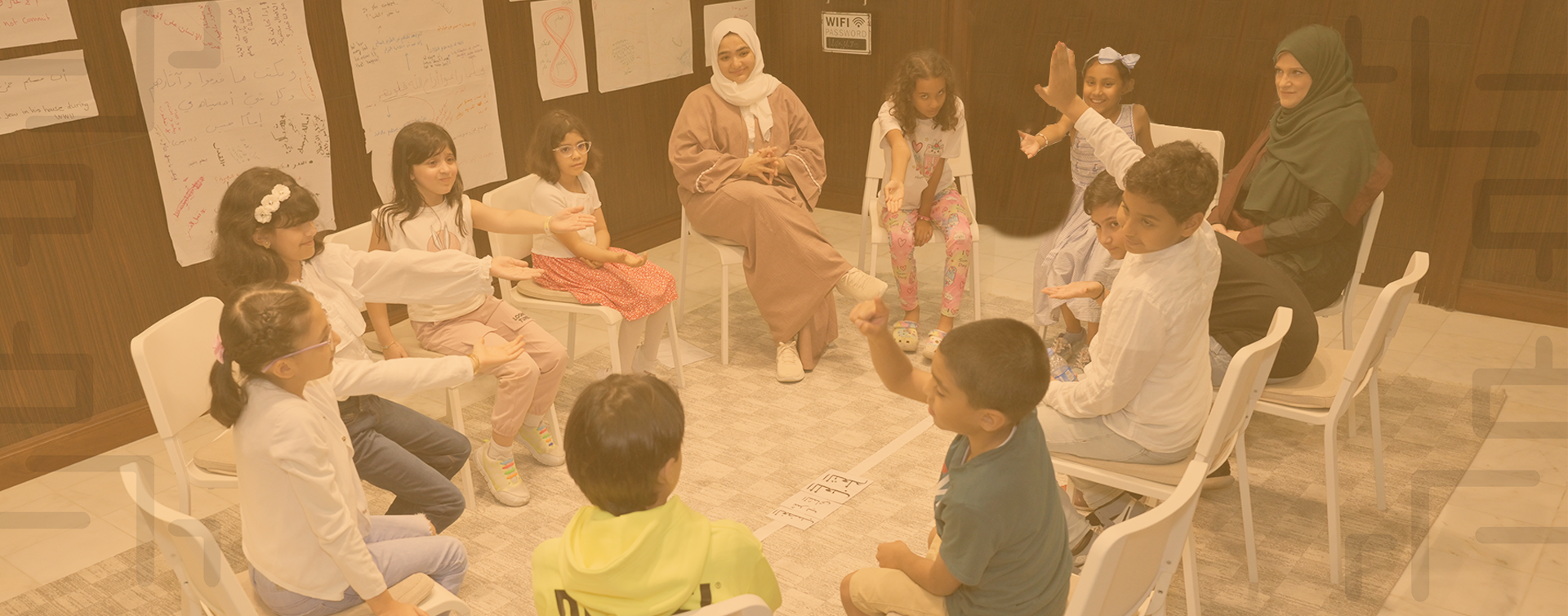

Baseera Institute
Teaching philosophical thinking to develop curricula and tools for teaching and dialogue learning

Baseera Institute is a pioneer in educational training and consulting in the Kingdom of Saudi Arabia.We use internationally accredited programs and high competencies to prepare individuals and facilities as a basis for developing educational P4C learning tools
Read moreWe started in 2011 as a pioneering project that provides an enriching, non-curricular activity, and in 2018 we became an institution for educational and educational consulting and the only source in the Arab world for preparing and accrediting facilitators of teaching philosophical thinking
Read moreWe seek to develop dialogue and learning in the Arab world. We offer the first Arabic professional reference in the P4C methodology. And our team is working on preparing and approving facilitators, educational sectors, and programs for all segments of society.
Read moreInsight programs for teaching philosophical thinking are part of the UNESCO global network that encourages children to participate in questioning societies, and we are proud to partner with the “UNESCO Chair for the Practice of Philosophy with Children” from Nat University in France
There is a proven fact from a long time ago that the readable content of a page will not distract the reader from focusing on the external appearance of the text or the form of paragraphs placed on the page that he reads. Therefore, the Lorem Ipsum method is used because it is given
Insight programs for teaching philosophical thinking are part of the UNESCO global network that encourages children to participate in questioning societies, and we are proud to partner with the “UNESCO Chair for the Practice of Philosophy with Children” from Nat University in France
There is a proven fact from a long time ago that the readable content of a page will not distract the reader from focusing on the external appearance of the text or the form of paragraphs placed on the page that he reads. Therefore, the Lorem Ipsum method is used because it is given